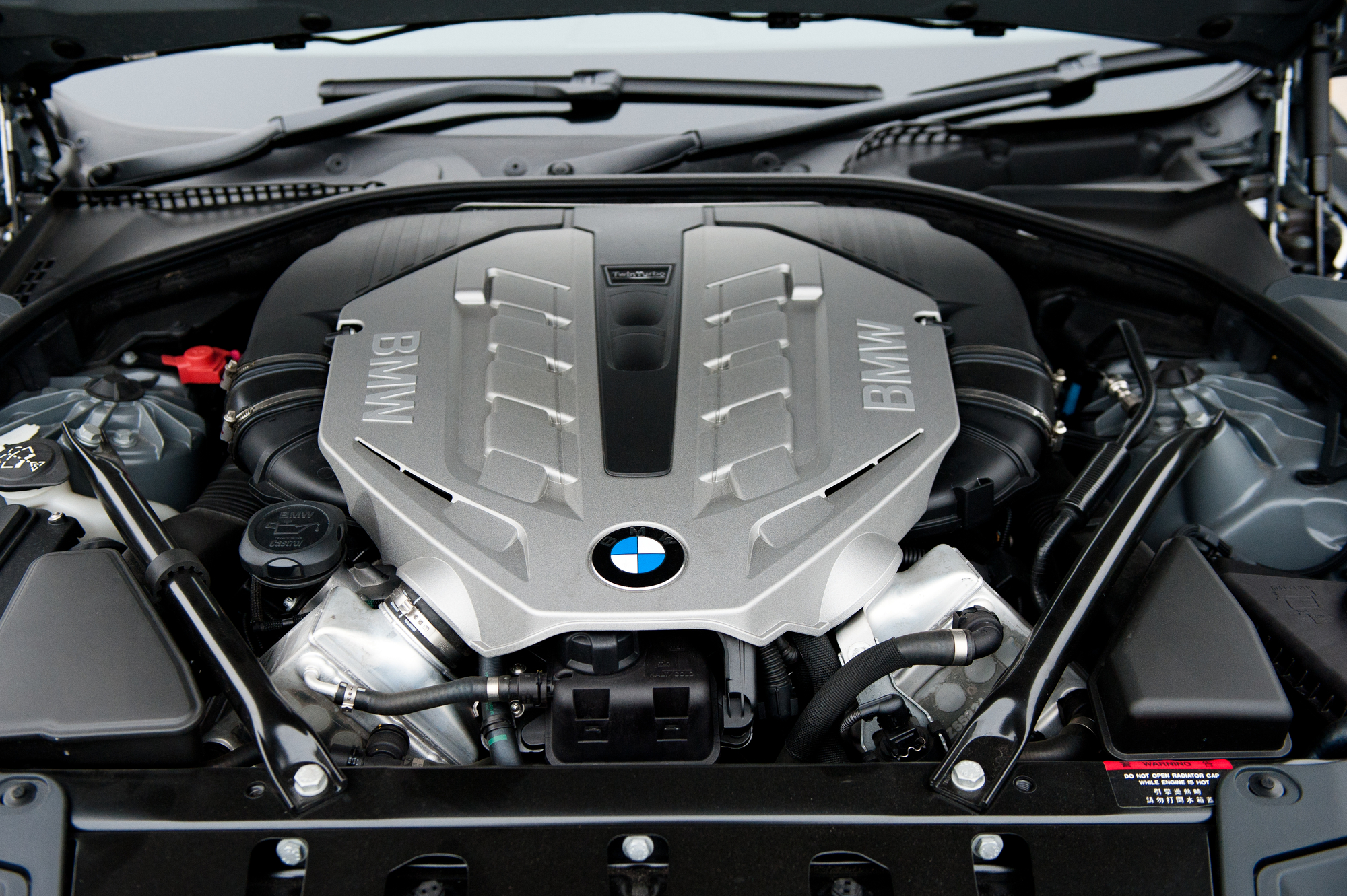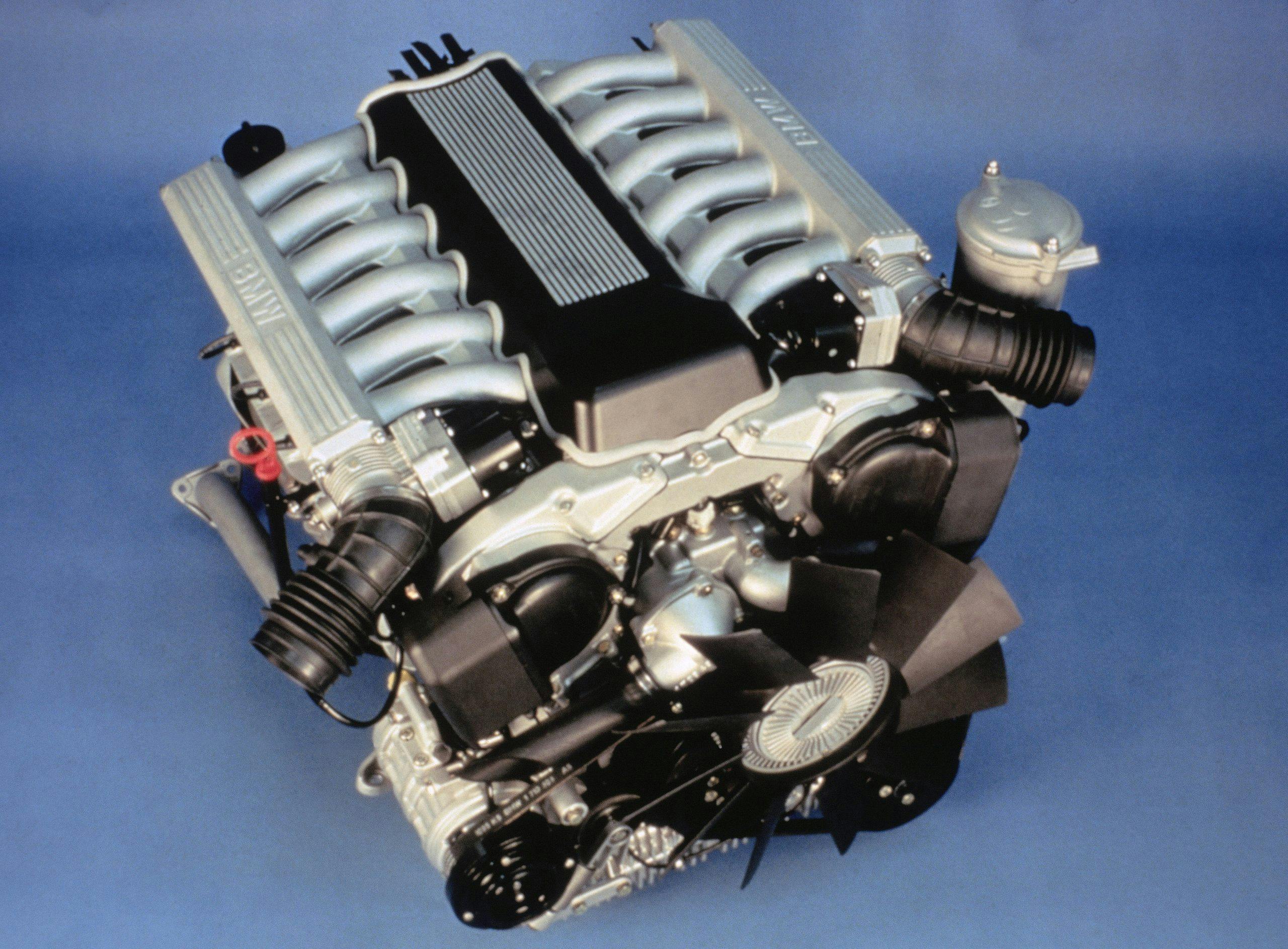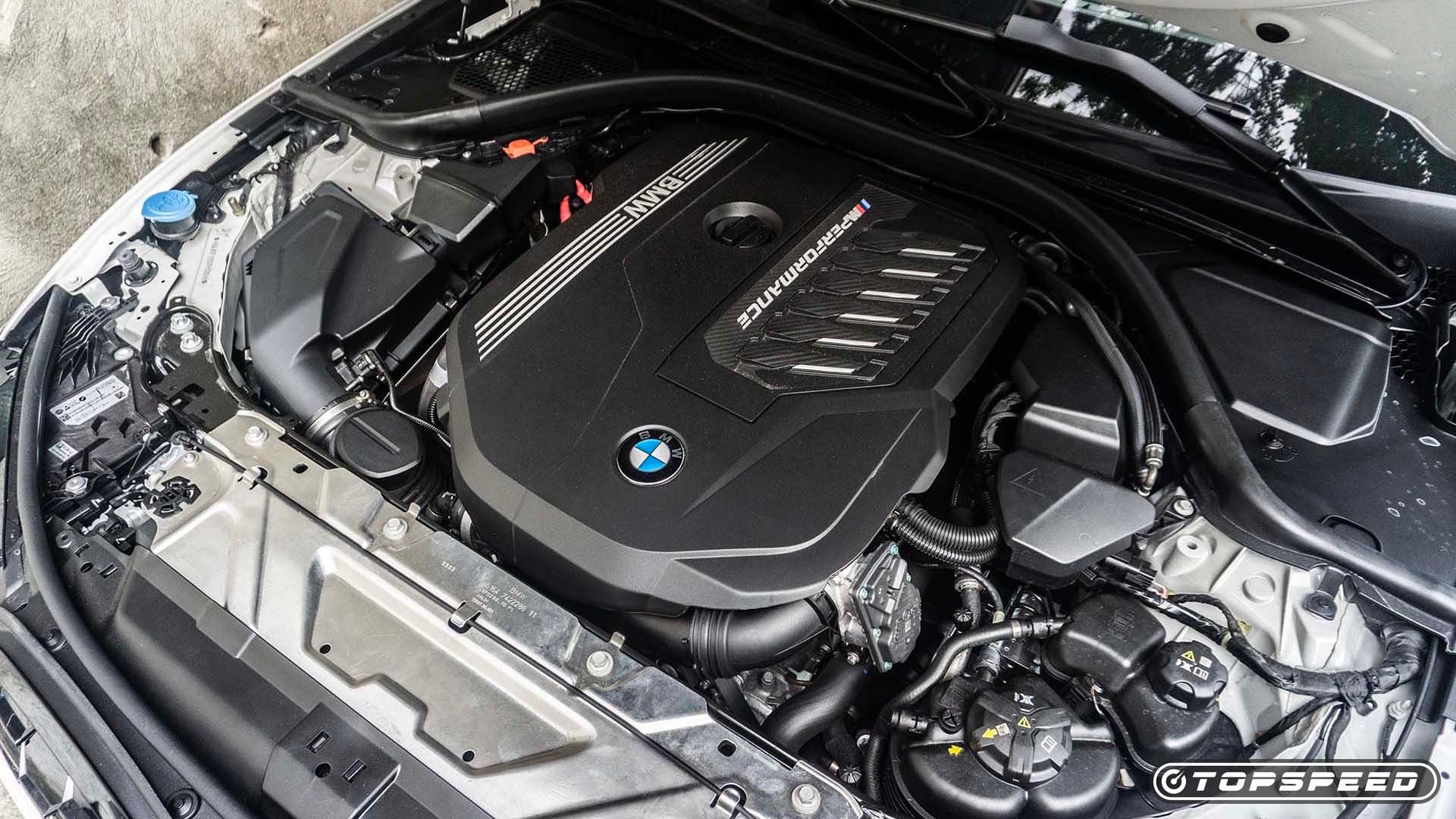A Beginner's Guide to Choosing the Right BMW Engine for Your Needs
A Beginner's Guide to Choosing the Right BMW Engine for Your Needs
Blog Article
Revealing the Intricacies of Next-Generation Power Units: a Deep Dive Into Advanced Engine Styles and Advancements
As we stand on the precipice of a new period in transportation, the intricacies of next-generation engine layouts beckon us to discover the innovative technologies and technologies that assure to redefine the driving experience. Digging deeper right into the realms of exhaust control, smart engine administration systems, and the perspective of power device growth, we discover ourselves on the cusp of an improvement that guarantees to reshape the landscape of movement as we recognize it.
Development of Engine Products

The change in the direction of progressed engine materials has likewise allowed designers to design engines with higher power outputs while preserving fuel effectiveness criteria. For instance, using lightweight materials decreases the general weight of the engine, causing boosted gas economy and lower discharges. In addition, improvements in materials technology have permitted better thermal monitoring within engines, causing raised integrity and long life.
Turbocharging and Supercharging Technologies
Just How do Turbocharging and Supercharging Technologies reinvent engine performance and performance in contemporary cars? Turbo charging and turbocharging are innovations that substantially improve engine efficiency by boosting the amount of air intake right into the combustion chamber. Turbocharging achieves this by making use of a wind turbine driven by exhaust gases to pressurize the consumption air, while supercharging makes use of a belt- or chain-driven compressor to accomplish the same impact.
These technologies make it possible for smaller, extra fuel-efficient engines to create power equal to larger ones, known as downsizing. By requiring more air into the cyndrical tubes, turbocharging and supercharging enhance combustion performance, leading to increased horsepower and torque result without a considerable rise in engine size. This brings about much better velocity, towing capability, and overall driving performance.
In addition, turbocharging and supercharging add to enhanced gas effectiveness by permitting the use of smaller engines that eat less gas under typical driving conditions - bmw engine. This mix of enhanced efficiency and effectiveness has actually made turbocharging and turbo charging important components of several contemporary engine layouts
Emission Control and Environmental Effect
With raising global worries pertaining to air quality and ecological sustainability, the execution of exhaust control technologies in automobiles plays a critical role in reducing hazardous contaminants wikipedia reference launched right into the atmosphere. Modern vehicles are geared up with advanced discharge control systems that assist lessen the ecological effect of vehicle procedures. Catalytic converters, as an example, are created to transform hazardous gases such as carbon monoxide gas, nitrogen oxides, and hydrocarbons right into less dangerous compounds like carbon dioxide and water vapor.
Moreover, improvements in engine technology, such as the combination of exhaust gas recirculation systems and careful catalytic reduction, have considerably you can find out more added to lowering exhausts. These modern technologies operate in tandem to enhance combustion efficiency and minimize the launch of harmful toxins right into the air. Furthermore, the development of crossbreed and electrical automobiles represents an important step towards reducing the total ecological footprint of the transport field.
Intelligent Engine Monitoring Solution

Furthermore, these systems make it possible for vehicles to fulfill rigorous emissions criteria without jeopardizing performance, providing a much more environmentally pleasant driving experience. The integration of fabricated intelligence and artificial intelligence capabilities in engine administration systems remains to push the borders of what is possible, causing further improvements in performance, reliability, and general vehicle performance. bmw engine. As vehicle technology developments, smart engine administration systems will play an essential role in shaping the future of transport towards a much more my website efficient and sustainable instructions
Future Trends in Power Device Advancement
As intelligent engine administration systems lead the means for enhanced control and optimization in modern vehicles, future trends in power unit advancement are poised to redefine the landscape of automotive propulsion technologies. These alternate power sources provide improved efficiency and performance while aligning with rigorous ecological guidelines.
One more considerable pattern is the combination of sophisticated materials and manufacturing techniques. Lightweight products such as carbon fiber and light weight aluminum are being used to decrease total vehicle weight, improving gas effectiveness and performance. Additionally, developments in 3D printing and additive production are making it possible for the production of complex engine parts with higher precision and durability.
In addition, expert system and equipment learning are playing a vital function in optimizing power system performance. These modern technologies enable for real-time surveillance and adaptive control, leading to a lot more trustworthy and efficient power distribution. Overall, future fads in power unit advancement are geared towards performance, sustainability, and effectiveness, driving the vehicle industry towards a brand-new era of propulsion innovations.

Verdict
In final thought, the innovations in engine materials, turbocharging, emission control, and intelligent management systems have actually paved the method for next-generation power devices. The elaborate styles and technologies in modern engines showcase the continuous advancement of auto technology.
Checking out the modern innovations in engine products has actually been pivotal in enhancing the performance and efficiency of contemporary engines. Over the years, the development of engine materials has actually played a crucial role in pushing the boundaries of what engines can achieve.The shift towards advanced engine materials has also enabled engineers to design engines with higher power outputs while maintaining fuel performance criteria.The execution of smart engine monitoring systems in contemporary automobiles has reinvented the method engines are controlled and optimized for efficiency and performance. By gathering information in real-time and evaluating it with advanced algorithms, smart engine monitoring systems can adapt to driving styles, ecological variables, and engine wellness to make the most of power output while minimizing gas usage and discharges.
Report this page